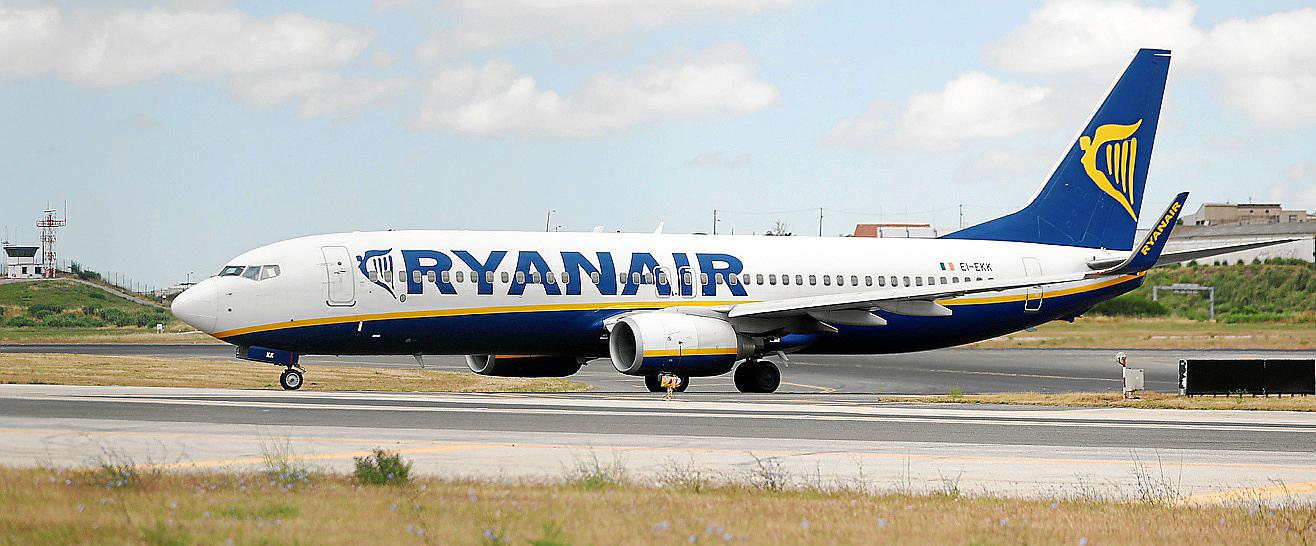Cabin Crew in Portugal, Belgium and Spain - its third largest market - will strike for 48 hours on 25-26 July , five trade unions said in a statement.
Cabin crew in Italy - the airline’s second largest market - will hold a 24-hour strike on 25 July.
The cabin crew are joining Irish Ryanair pilots who on Tuesday announced a strike for 12 July, saying Europe’s largest low-cost carrier had failed to improve conditions sufficiently after recognising unions in December.
Other pilot unions have said they are considering industrial action.
The cabin crew unions are demanding that Ryanair contracts across Europe be subject to local law rather than Irish law and that all cabin crew receive the same terms and conditions irrespective of whether they are direct employees or hired via a third-party contractor.
“We call on the European Commission, and the governments of every European country where Ryanair operates, to act upon the social dumping performed by the Irish low cost carrier and to enforce the EU employment and national imperative legislation,” the unions said in a statement.
The statement was signed by Belgium’s CNE/LBC, Spain’s SITCPLA and USO, Portugal’s SNPVAC and Italy’s Ultrasporti union.
The unions do not represent all cabin crew in those countries, but they have said other crew are welcome to join the action.
Ryanair has said its employment conditions for its staff are competitive and often superior to rivals. On Wednesday it described a series of demands by cabin crew unions as “pointless” due to the overall attractiveness of staff conditions. It did not immediately respond to a request for comment after yesterday’s announcement.
The airline, which flies in 37 countries and carried 130 million passengers last year, averted widespread strikes before Christmas by deciding to recognise trade unions for the first time in its 32-year history. But it has since struggled to reach agreement on terms with a number of them.

